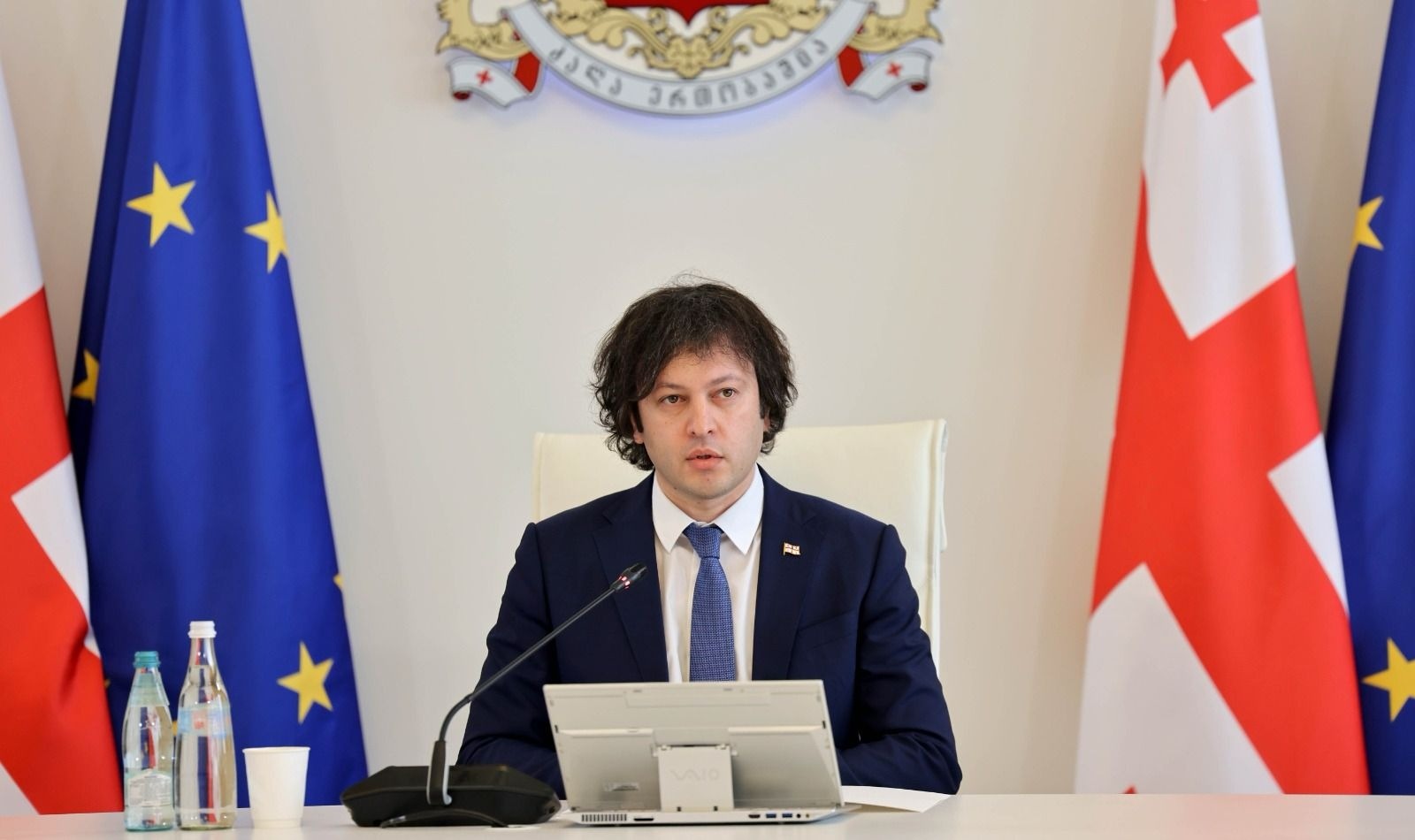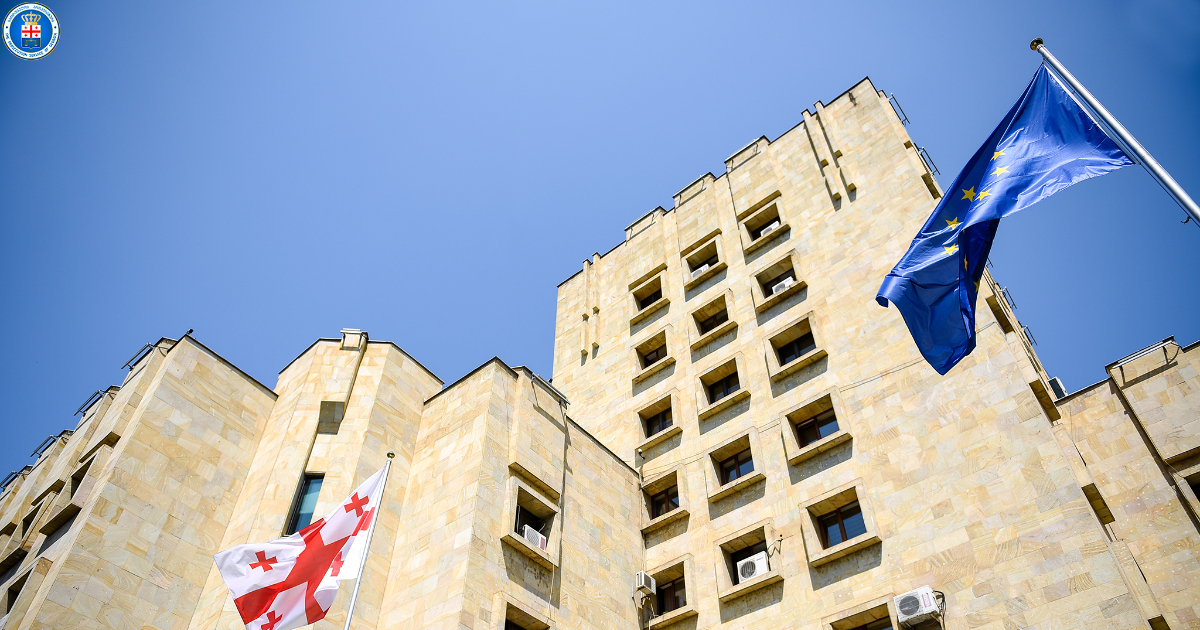PM claims he backs transparency bill to ‘prevent intransparency’ in NGO funding

Author
Front News Georgia
Prime Minister of Georgia, Irakli Kobakhidze, on Monday raised concerns over an alleged lack of transparency surrounding the activities of certain non-governmental organizations (NGOs) during a recent government meeting.
His comments follow the ruling party’s resubmission of a controversial foreign transparency bill, which had been retracted last year due to protests in Tbilisi.
Kobakhidze highlighted the misinformation circulating regarding the transparency of NGO funding, emphasizing that the government did not possess adequate information on the beneficiaries and purposes of those funds. Specifically, he noted that information on seven NGOs had been removed, revealing alleged gaps in transparency efforts.
“These NGOs, which we have identified as lacking transparency, have declared only a maximum of 18% of their expenditures since 2012, totaling approximately 85,400,000 GEL. However, detailed information on only 18% of this amount, approximately 15,400,000 GEL, is available. This opacity extends to the extent that even the government lacks essential information regarding the sources and purposes of the funds allocated to these organizations,” Kobakhidze remarked.
He further claimed a significant portion of NGO expenditures remained unreported, including travel expenses and office rent, further obscuring financial transparency. Kobakhidze emphasized the importance of enhancing transparency in NGO financing, proposing legislation requiring annual financial declarations to be made public through relevant media channels.
Asserting the necessity of transparency in a democratic society, Kobakhidze condemned instances of alleged censorship, particularly in social media platforms. He criticized the actions of certain NGOs, such as engaging in censorship tactics.
“It is evident that certain entities, previously affiliated with the government, continue to perpetuate censorship, albeit on a reduced scale. However, we remain steadfast in our commitment to transparency and freedom of speech. We reject the notion that opacity and censorship are acceptable, affirming that transparency and freedom of speech are fundamental democratic principles,” Kobakhidze concluded.
Tags:





